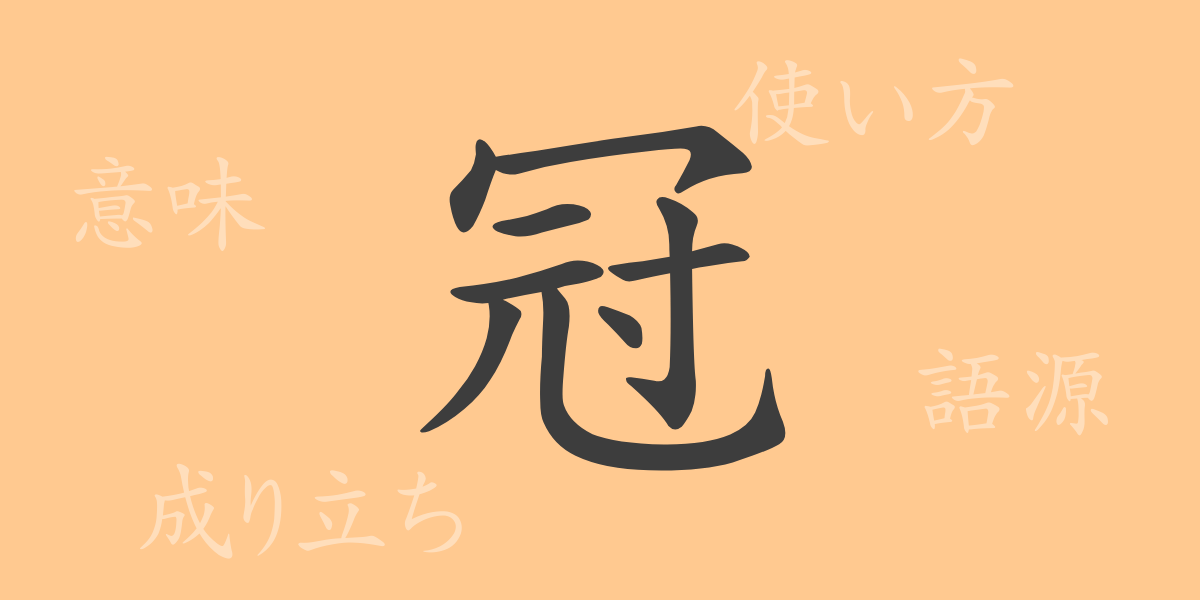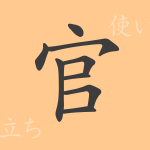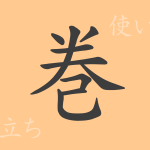The kanji, deeply rooted in Japanese culture, enriches our lives with its meanings and history encapsulated in each character. “Kanmuri” (冠) is one such kanji that has been used in various contexts throughout history. This article explores the etymology of “Kanmuri,” its contemporary usage, and its presence in idioms and proverbs, delving into its allure.
Origins of Kanmuri (Etymology)
The character “Kanmuri” (冠) originated from kanji established in ancient China. Initially, it was a pictograph representing a hat worn on the head, which evolved into the character for “Kanmuri.” In Japan, it has been used since the Kofun period (古墳時代), passed down as a symbol of authority and status.
Meaning and Usage of Kanmuri
Directly, “Kanmuri” (冠) means “a hat worn on the head,” but it also metaphorically represents “the highest rank” or “authority.” Additionally, it signifies growth or milestones, as seen in the “Adult’s Kanmuri” (成人の冠) worn during Coming of Age ceremonies. It is also used in company and brand names, where it often emphasizes an image of “peak” or “pinnacle.”
Reading, Stroke Count, and Radical of Kanmuri
Understanding the reading and structure of the kanji “Kanmuri” (冠) can lead to deeper knowledge.
- Reading: The onyomi (Chinese reading) is “Kan,” and the kunyomi (Japanese reading) is “kanmuri.”
- Stroke Count: It consists of 9 strokes.
- Radical: The radical is 冖 (wakanmuri).
Idioms, Phrases, and Proverbs Using Kanmuri and Their Meanings
There are many idioms, phrases, and proverbs that include “Kanmuri” (冠) in the Japanese language. For example, “Kankon-sousai” (冠婚葬祭) refers to major life events, while “Kanmuri -wo- tada-su” (冠を正す) means to reconsider one’s position or behavior. “Kanmuri wo nugu” (冠を脱ぐ) expresses humbling oneself out of respect. These expressions reflect Japanese values and etiquette.
Conclusion on Kanmuri
Through this article, you should now understand the rich meanings and usages of the kanji “Kanmuri” (冠). Beyond a mere adornment, “Kanmuri” encompasses various concepts such as status, authority, and milestones, playing a significant role in the Japanese language. When choosing words, it is important to appreciate the history and culture behind them, aiming for richer expression.

























